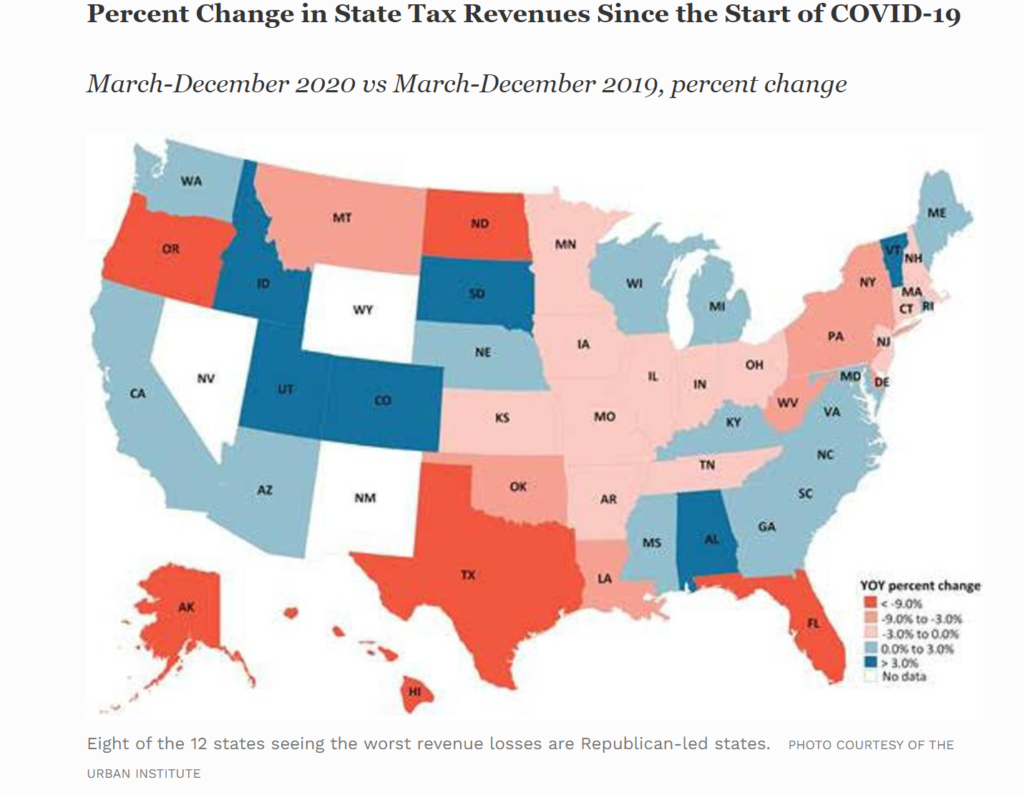Link: https://www.wsj.com/articles/wall-street-moves-to-florida-nyc-real-estate-11614020268
Excerpt:
Real-estate veterans and hedge-fund executives believe a seismic shift is under way, one that is moving vast amounts of Wall Street wealth from New York to South Florida. For the past several years, Wall Street has been colonizing the Sunshine State, attracted to more favorable tax policies and sunnier climes. And the momentum is only accelerating amid the pandemic.
….
While prices are under pressure in New York amid an oversupply of high-end condominiums on the market, price tags in Palm Beach and Miami appear to be on an unstoppable upward trajectory.
Last week, private-equity executive Scott Shleifer, a co-founder of Tiger Global Management, paid over $120 million for an oceanfront mansion in Palm Beach, setting a price record for the state. New Jersey hedge-fund executive David Tepper is also in contract to buy a $73 million house on the ocean nearby, The Wall Street Journal reported.
While he maintains a $238 million home in New York and another luxury condo in Chicago, Citadel founder Ken Griffin has also been on an acquisition spree in South Florida, spending hundreds of millions of dollars to buy land in Palm Beach and Miami, and is opening an office in Miami.
Author(s): Katherine Clarke, Cara Lombardo
Publication Date: 22 February 2021
Publication Site: Wall Street Journal


